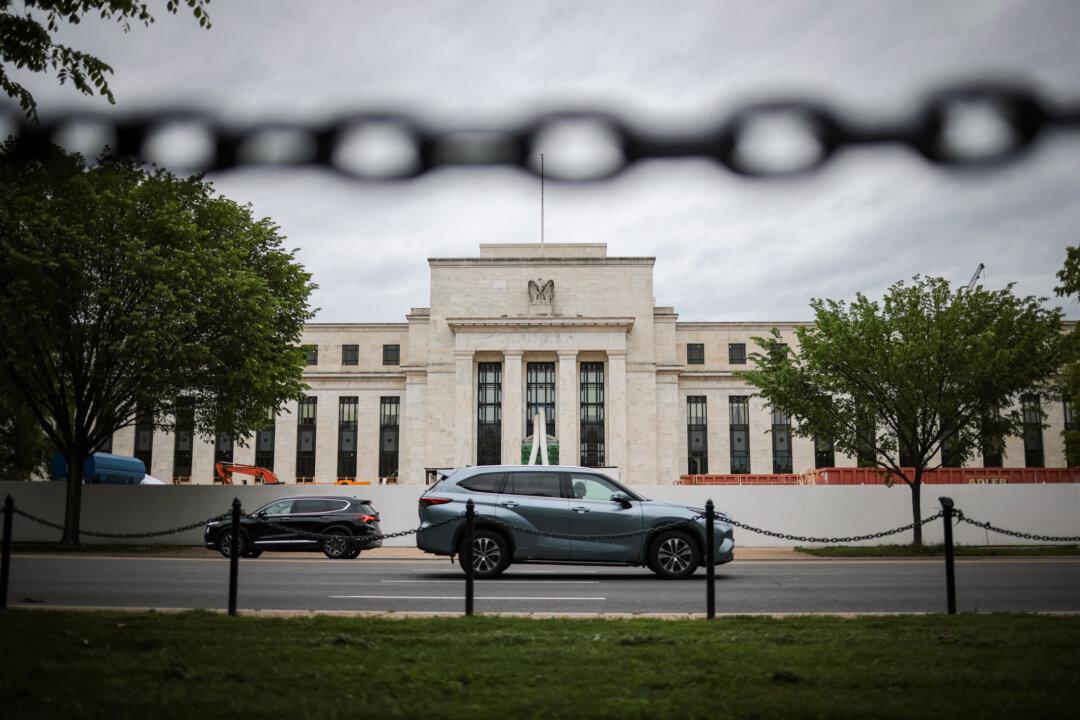Commentary
The UK just elected a left-wing party, the Labour Party, to run its government. A consideration is whether the new leaders will spend more, increase taxes, and have a major impact on the country’s economic performance. Yet historically, we do not see much evidence of this. First of all, the budget deficits normalized as the ratio to GDP has been worsening almost linearly over time ever since 1948. This has been true regardless of which party was in power. Even replacing it with the debt-to-GDP ratio does not make much difference, as it shows a similar trend as deficits.





